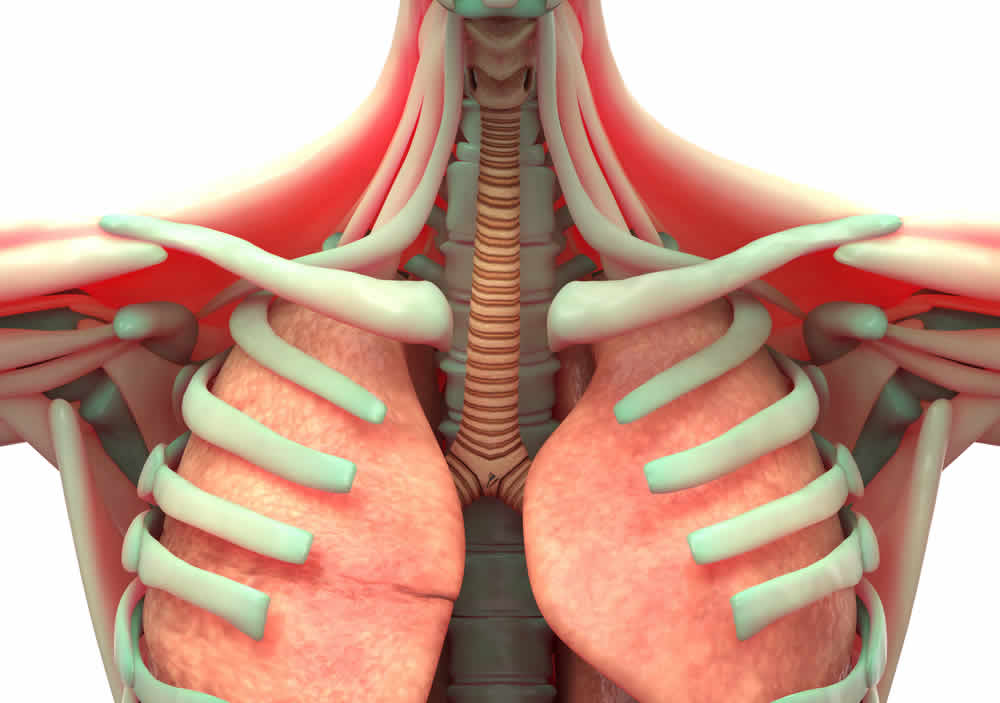B vitamins: what are they? The body relies on eight types of B vitamins for a variety of functions. They are water-soluble vitamins, which means they cannot be stored in the body and must be obtained through the diet, which is usually insufficient for most people. Several factors, however, may increase the body’s need for B vitamins, such as: aging, pregnancy, nutritional problems, genetic factors, taking certain medications, and certain medical conditions, and in this case, Vitamin B supplements, such as pills, may be necessary.

The body needs all types of B vitamins in the following ways:
The B1 vitamin, also known as thiamine, is essential to metabolic processes and the conversion of food into energy. When Vitamin B1 is deficient, it can cause confusion, mental confusion, and cracks in the sides of the mouth, and severe cases can cause thiamine deficiency disease, which is also known as Beriberi or Wernicke-Korsakoff syndrome.
Vitamin B2 is also known as riboflavin, which is an antioxidant as well as an energy-producing vitamin. Vitamin B2 deficiency can also cause confusion or mental confusion and cracks on the sides of the mouth, in addition to riboflavinosis.
In addition to maintaining digestion integrity and maintaining a healthy appetite, vitamin B3 (niacin) is important for metabolism, cell signaling, DNA production, and DNA repair. In case of a vitamin B3 deficiency, diarrhea, nausea, abdominal cramps, pellagra, dermatitis, and some digestive problems can occur; in case of a severe deficiency, mental confusion and some mental disorders may occur.
Vitamin B5 aids the body in producing hormones and cholesterol, as well as converting food into energy. Vitamin B5 deficiency can cause numbness and tingling.
Additionally, Vitamin B6 is involved in the metabolism of amino acids, converting food into energy, producing red blood cells, and producing neurotransmitters. Participates in the process. Vitamin B6 deficiency can cause depression, nausea, anemia, skin rashes, peripheral neuropathy, and nervous system damage.
In the metabolism of carbohydrates and fats, vitamin B7, or biotin, plays an important role. Dermatitis and enteritis are caused by vitamin B7 deficiency.
Known as folate, vitamin B9 contributes to the growth of cells, the metabolism of amino acids, the formation of red and white blood cells, and the reduction of birth defects in fetuses. Anemia and diarrhea may also be caused by vitamin B9 deficiency, and its deficiency in pregnant mothers may lead to the birth of children with congenital abnormalities. During pregnancy, its increase may lead to neurological problems for the fetus.
Among the B vitamins, vitamin B12, also known as cobalamin, is essential for regulating the nervous system, maintaining vital nerve functions, and producing DNA. Red blood cell development. Deficit of vitamin B12 may also cause fatigue, weakness, and tingling in the legs and hands, as well as mental conditions such as dementia, depression, and behavioral changes. It may also cause anemia because red blood cells are not produced. The bone marrow makes them large and abnormal.
During pregnancy, vitamin B is essential
As shown in the table below, maintaining the level of B vitamins during pregnancy is crucial to maintaining a healthy pregnancy.
In order for a child’s brain to develop properly, vitamin B-1 is essential
Maintain healthy eyes and healthy skin with Vitamin B-2
Morning sickness is relieved by vitamin B-3, which improves digestion
Pregnancy hormones are formed by vitamin B-5 and leg cramps are relieved by it
The development of the child’s brain and nervous system depends on vitamin B-6
Preventing pregnancy-induced biotin deficiency with vitamin B-7
The vitamin B-9 prevents birth defects in children
A child’s and mother’s central nervous system and spine are maintained by vitamin B-12
During pregnancy, vitamin B is essential
As shown in the table below, maintaining the level of B vitamins during pregnancy is crucial to maintaining a healthy pregnancy.
| Vitamin | Importance during pregnancy |
| Vitamin B-1 | A child’s brain develops through it |
| Vitamin B-2 | Keep your eyes healthy, and your skin bright and healthy |
| Vitamin B-3 | Improve digestion, remove morning sickness |
| Vitamin B-5 | Helping to form pregnancy hormones and relieve leg cramps |
| Vitamin B-6 | It plays an important role in the development of the child’s brain and nervous system |
| Vitamin B-7 | Prevention of biotin deficiency caused by pregnancy |
| Vitamin B-9 | Preventing the risk of birth defects in the child |
| Vitamin B-12 | Protecting the child’s and mother’s central nervous system and spine |
Vitamin B food sources
In the following table, we list the most famous foods rich in vitamin B and the types of vitamins they contain:
| Food | B-1 | B-2 | B-3 | B-5 | B-6 | B-7 | B-9 | B-12 |
| Salmon fish | √ | √ | √ | √ | √ | √ | ||
| Leafy vegetables | √ | |||||||
| Liver and other meats | √ | √ | √ | √ | √ | √ | √ | √ |
| egg | √ | √ | √ | √ | √ | |||
| Lion | √ | √ | √ | √ | ||||
| Beef | √ | √ | √ | √ | √ | √ | ||
| Shell | √ | √ | √ | √ | √ | |||
| beans | √ | √ | √ | √ | √ | √ | ||
| Chicken and turkey | √ | √ | √ | √ | √ | |||
| yogurt | √ | √ | ||||||
| fortified cereals | √ | √ | √ | √ | √ | √ | √ | |
| Sunflower seeds | √ | √ | √ | √ |
Amounts of B vitamins recommended
Following is a table showing the recommended daily intake of vitamin B:
| Vitamin | Men | Women |
| B-1 | 1.1 mg | 1.2 mg |
| B-2 | 1.1 mg | 1.3 mg |
| B-3 | 14 mg | 16 mg |
| B-5 | 5 mg | 5 mg |
| B-6 | 1.3 mg | 1.3 mg |
| B-7 | 30 micrograms | 30 micrograms |
| B-9 | 400 micrograms | 400 micrograms |
| B-12 | 2.4 micrograms | 2.4 micrograms |
Supplements containing vitamin B (vitamin B complex)
A vitamin B complex is a supplement that contains eight types of B vitamins. While most people can obtain their B vitamins through a balanced diet, B vitamins can also be consumed as dietary supplements. As the body’s needs increase and it is unable to provide the necessary nutrition, especially during pregnancy and old age. Due to their solubility in water, excessive consumption of group B vitamins is less harmful than excessive consumption of other nutrients, but the consumption of vitamin B complex must be under the supervision of a physician.
Vitamin B complex is best taken in the morning when you wake up since it is easier to absorb on an empty stomach. Due to its energy-boosting properties, eating it late in the day may interfere with sleep.


